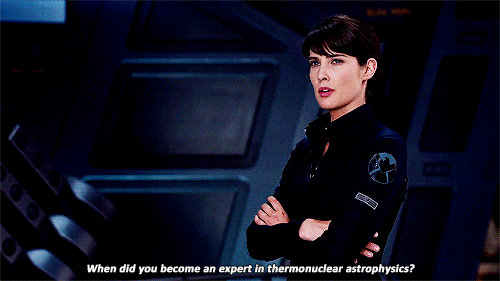Need more evidence for political hooliganism? Check out the findings from a recent working paper:
Here, we ask whether (dis)similarity in political views interferes with the ability to learn about another person’s competency in an unrelated task (specifically categorizing [geometric] shapes) in a situation in which it is in people’s best interest to learn who excels in the task in order to turn to them for assistance. In the first part of our experiment, participants had an opportunity to learn whether others (i) had similar political opinions to theirs and (ii) how well they did in a task that required learning about shapes. After rating others on these two characteristics, they completed the second part of the experiment, where they decided to whom to turn to for advice when solving the shape task. They were rewarded for accuracy on the task and thus had an economic incentive to turn to the participant who was most skilled at the task.
We find that (dis)similarity in political views interferes with the ability to make an accurate assessment of people’s expertise in the domain of shapes, which leads to two central outcomes. The first is that people chose to hear about shapes from others who are politically like-minded, even though those people are not especially good at the shape task, rather than to hear from people who excel at the shape task but have different political opinions. The second is that people are more influenced by those with similar political opinions, even when they had the opportunity to learn that those by whom they are influenced are not especially good at the task they are solving. We suspect that these findings are replicated in the real world of political behaviour, and that they help explain a range of phenomena, including the spread of fake news (Friggeri, Adamic, Eckles, & Cheng, 2014; Kahne & Bowyer, 2017), conspiracy theories (Del Vicario et al., 2016), polarization (Druckman, Peterson, & Slothuus, 2013; Prior, 2007), and insufficient learning in general (Yaniv & Kleinberger, 2000; Yaniv & Milyavsky, 2007) (pg. 3-4).
Perhaps this is another contributor to the death of expertise.
